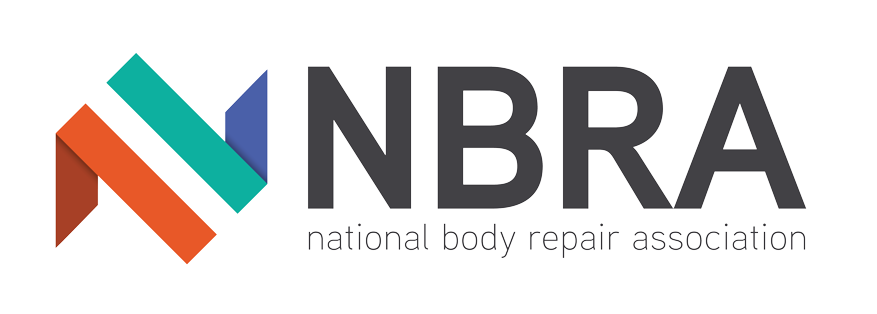
An employee has requested that they wish to call a witness to give evidence during their grievance hearing. Are we legally required to allow this?
The purpose of a grievance meeting is to give the employee the opportunity to explain the nature of their grievance and how they would like to see it resolved.
As described in the Acas Code of Practice on disciplinary and grievance procedures (“Acas Code”), grievances are ‘concerns, problems or complaints that employees raise with their employers’ .
The non-statutory Acas guidance on Discipline and grievances at work observes that anybody working in an organisation may, at some time, have problems or concerns about their work, working conditions or relationships with colleagues that they wish to talk about with management. They want the grievance to be addressed, and if possible, resolved.
Accordingly, it is self-evident that the nature of a grievance meeting is different to that of a disciplinary meeting.
In a disciplinary hearing an employer seeks to establish whether or not an allegation of misconduct against an employee ought to be upheld on the evidence presented during the hearing, and apply an appropriate disciplinary sanction if it is.
The Acas Code provides that as part of a fair disciplinary procedure, the employee must be given an opportunity to state a case in response to the allegation(s), which includes the ability to call witnesses and raise points about the information provided by other witnesses.
A grievance meeting on the other hand is an occasion where, rather than defend themselves against an allegation of misconduct or poor performance, an employee may through discussion and dialogue achieve an amicable solution to a concern or complaint.
Grievance procedures
Most employers will have a procedure for dealing with grievances, typically set out in a staff handbook.
An employer is likely to be mindful of the importance of dealing with a grievance fairly, which, according to the Acas Code comprises the following elements:
• employers and employees should raise and deal with issues promptly and should not unreasonably delay meetings, decisions or confirmation of those decisions
• employers and employees should act consistently
• employers should carry out any necessary investigations, to establish the facts of the case
• employers should allow employees to be accompanied at any formal grievance meeting
• employers should allow an employee to appeal against any formal decision made
An employer’s failure to deal with a grievance fairly may give rise to a claim.
The right to obtain redress against a grievance is fundamental. It is implied into all contracts of employment that an employer will reasonably and promptly afford employees a reasonable opportunity to obtain redress of any grievance raised in good faith they may have in the workplace. Therefore, a failure to follow the employer’s grievance procedure, whether or not the procedure itself is contractual, is potentially capable of amounting to a sufficient breach of the implied duty to maintain trust and confidence to justify the employee resigning and claiming constructive dismissal.
Grievance meetings
Once a formal grievance in writing has been received, the employer should, ‘without unreasonable delay’, invite the employee to a meeting to discuss it. At the meeting the employee should be given the opportunity to explain the nature of their grievance and how they would like to see it resolved.
In appropriate circumstances, the employer may wish to adjourn the meeting to conduct an investigation to establish the facts, for example by speaking to any relevant witnesses and obtaining any appropriate documentation to enable the employer properly to respond to the grievance and decide on appropriate action as per the Acas Code.
If it transpires that an employer ought to have taken steps to establish the relevant facts of a grievance and failed to do so, this may have implications for whether or not the grievance was properly dealt with and potentially give rise to a claim by the employee (as mentioned above).
It does not mean, however, that it is a requirement for fairness under the Acas Code that an employee be allowed to call witnesses during a grievance meeting.
Two further considerations that may be relevant are:
• if the employer’s grievance procedure makes provision for the employee to call witnesses at the grievance meeting, then the employer should implement the terms of its procedure
• the employee may have a right to be accompanied at the grievance meeting, and if so the employee’s companion may end up effectively bearing witness to the employee’s complaint.
As always, this advice is general in nature and will need to be tailored to any one particular situation. As an RMI member you have access to the RMI Legal advice line, as well as a number of industry experts for your assistance. Should you find yourself in the situation above, contact us at any stage for advice and assistance as appropriate.
Motor Industry Legal Services
Motor Industry Legal Services (MILS Solicitors) provides fully comprehensive legal advice and representation to UK motor retailers for one annual fee. It is the only law firm in the UK which specialises in motor law and motor trade law. MILS currently advises over 1,000 individual businesses within the sector as well as the Retail Motor Industry Federation (RMI) and its members.





